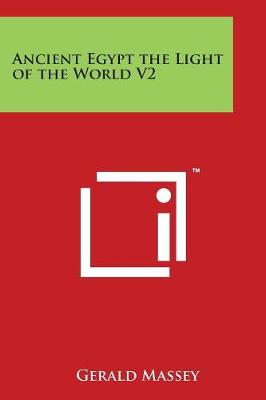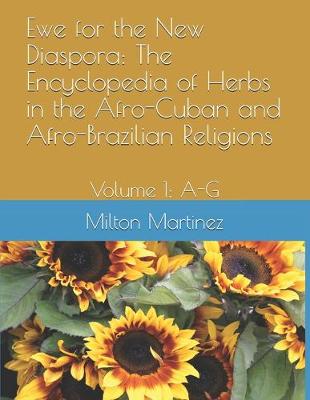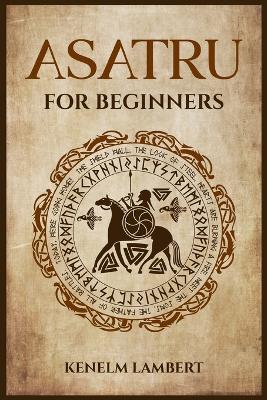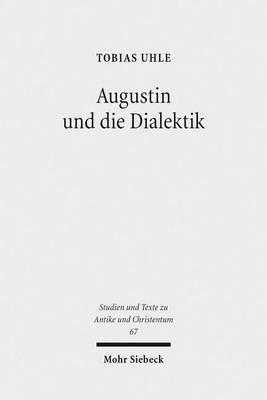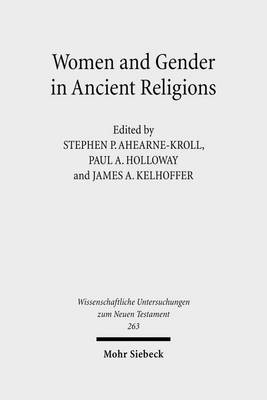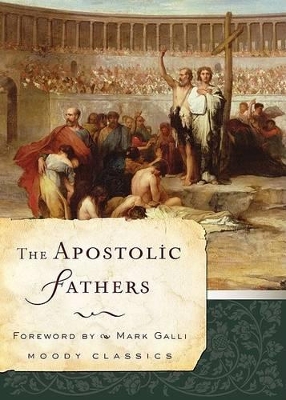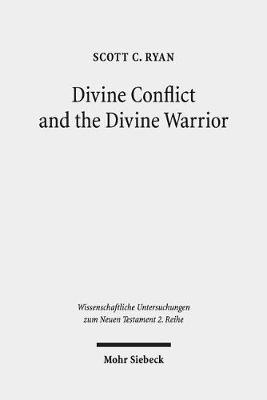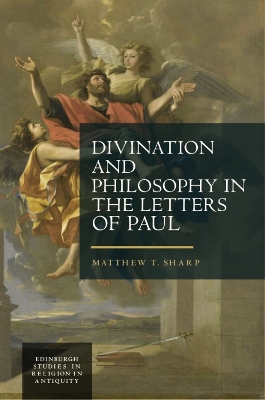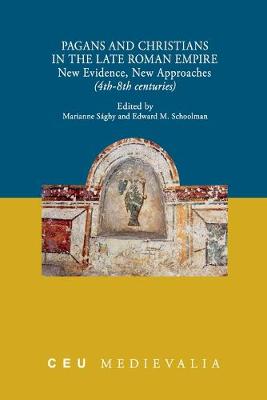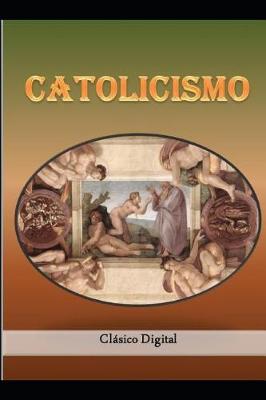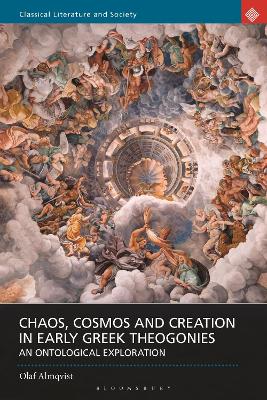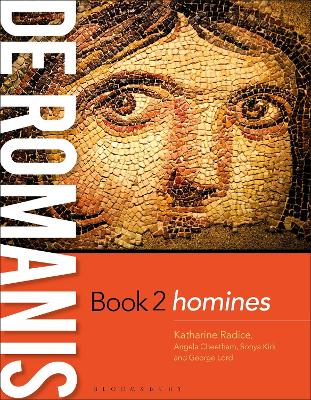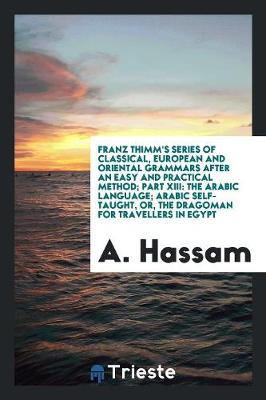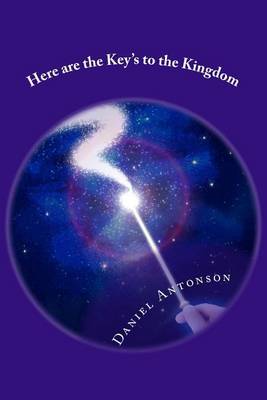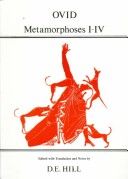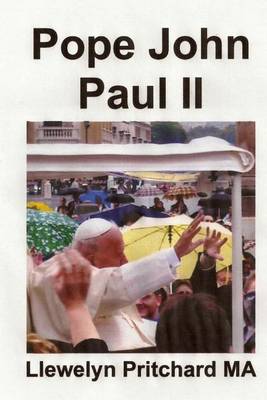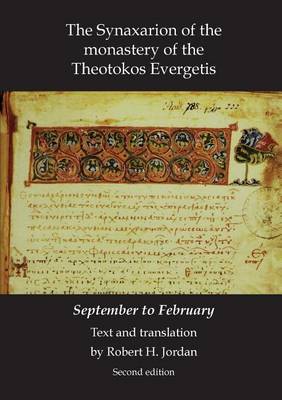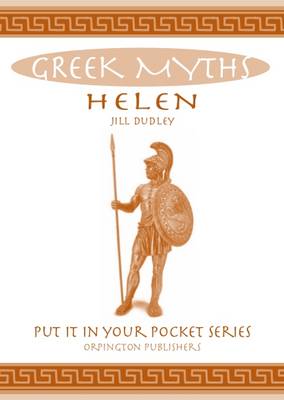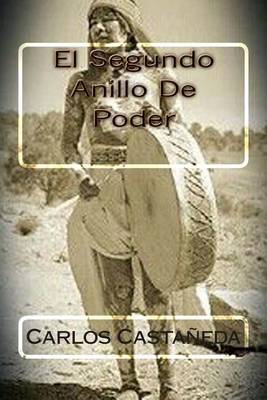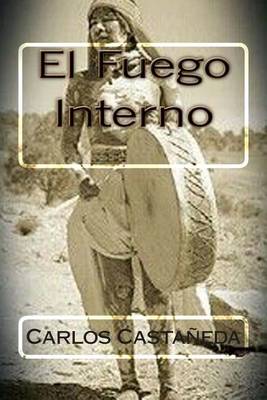Wie integriert Augustin in den Fruhdialogen mit Hilfe logischer Schlussverfahren christliche Lehrsatze in den philosophischen Diskurs? Tobias Uhle untersucht Augustins dialektische, das heisst logische, Argumentation in den Cassiciacum-Dialogen ( Contra Academicos, De beata vita, De ordine und Soliloquia, inklusive De immortalitate animae). Obwohl Augustins Argumentation zunachst ausschliesslich von pagan-philosophischen Pramissen ausgeht und spezifisch Christliches unsichtbar bzw. im Hintergrun...
Women and Gender in Ancient Religions (Wissenschaftliche Untersuchungen zum Neuen Testament, #263)
Following a scholarly conference given in honor of Adela Yarbro Collins, this collection of essays offers focused studies on the wide range of ways that women and gender contribute to the religious landscape of the ancient world. Experts in Greek and Roman religions, Early Christianity, Ancient Judaism, and Ancient Christianity engage in literary, social, historical, and cultural analysis of various ancient texts, inscriptions, social phenomena, and cultic activity. These studies continue the we...
In this study, Scott C. Ryan situates Paul's letter to the Romans as one voice among a number of Jewish voices that frame God as a divine warrior. He first investigates motifs related to divine conflict in Exodus 14-15, Amos, Isaiah, Ezekiel, and Daniel 7-12, along with 1 Enoch, Psalms of Solomon, Wisdom of Solomon, the War Scroll, and 4 Ezra. The author then places Romans in dialogue with the works of Paul's predecessors and near contemporaries. When Romans and these Jewish texts are placed alo...
Divination and Philosophy in the Letters of Paul (Edinburgh Studies in Religion in Antiquity)
by Matthew Sharp
Studies the topic of divine communication in Paul's letters in the context of Graeco-Roman divination. This book analyses the apostle Paul's claims to receive and interpret knowledge from divine sources within the context of divination in the Graeco-Roman world. Each chapter studies a particular aspect of divination in Paul's letters in comparison with similar phenomena in the Graeco-Roman world, dealing in turn with the underlying logic of divination (in the context of ancient philosophical con...
Pagans and Christians in the Late Roman Empire (CEU Medievalia)
Do the terms `pagan’ and `Christian,’ `transition from paganism to Christianity’ still hold as explanatory devices to apply to the political, religious and cultural transformation experienced Empire-wise? Revisiting `pagans’ and `Christians’ in Late Antiquity has been a fertile site of scholarship in recent years: the paradigm shift in the interpretation of the relations between `pagans’ and `Christians’ replaced the old `conflict model’ with a subtler, complex approach and triggered the upsurge...
Chaos, Cosmos and Creation in Early Greek Theogonies (Classical Literature and Society)
by Dr Olaf Almqvist
Cosmological narratives like the creation story in the book of Genesis or the modern Big Bang are popularly understood to be descriptions of how the universe was created. However, cosmologies also say a great deal more. Indeed, the majority of cosmologies, ancient and modern, explore not simply how the world was made but how humans relate to their surrounding environment and the often thin line which separates humans from gods and animals. Combining approaches from classical studies, anthrop...
de Romanis Book 2
by Katharine Radice, Ms Angela Cheetham, Dr Sonya Kirk, and Mr George Lord
This is the new Latin course that you have long been waiting for! An introduction to both the Latin language and the cultural world of the Romans, it also develops English literacy skills through derivation tasks and two-way translation exercises, which promote the understanding of English as well as Latin. Cultural topics, supported by background notes, and primary sources, included for study and analysis, enable students to engage with authentic Roman history and acquire a broad understanding...
Franz Thimm's Series of Classical, European and Oriental Grammars After an Easy and Practical Method; Part XIII
by A Hassam
Synaxarion of the Monastery of Theotokos Evergetis (Belfast Byzantine Texts & Translations S., #65)
Everybody has heard of Helen of Troy, and knows that she was the most beautiful woman in the world. Most people know that she was married bur ran off with somebody which caused the Trojan War. But who, in fact, was she? Whose daughter was she, and who was she married to? What exactly happened to cause her to act as she did, and how does her story end? The answers to all these questions are here in this Put it in Your Pocket booklet
"In the extensive literature relating to ancient Greece, there is no work that serves the purposes of this volume. A Swedish proverb speaks of placing the church in the middle of the village, and that is precisely what Nilsson has here done. Homer and Hesiod formed the basis of the traditional education of the Greeks in general, and the great gods and goddesses as they appear in art show at all times the formative influence of the epic tradition. Nevertheless, the hard core of Greek religion is...
